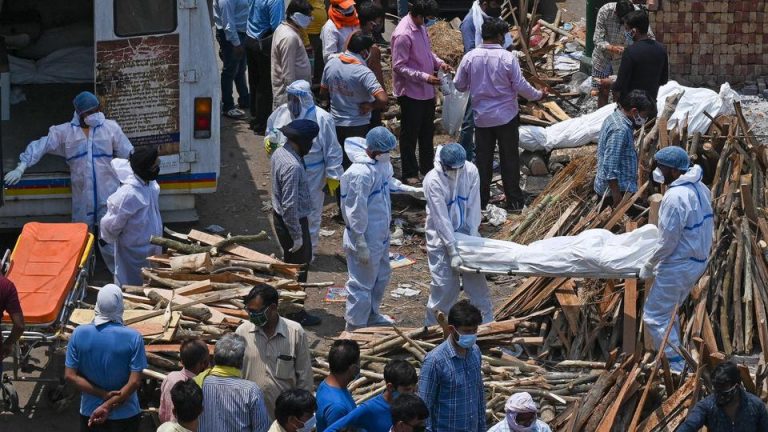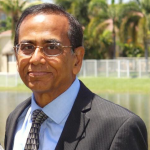
Our fragmented society divided by caste, religion and bigotry is crying for integration. Will the deaths from Covid-19 go in vain?
By Nazarul Islam
Qamar was my close friend for forty five wonderful years. Unfortunately, he passed away recently, taking the number of people known to me and losing their lives to 23, in the battle against the dreadful pandemic we have known as Covid-19. Did we ever give a thought to the total number of people we may have known personally, in our journey through lifetime? And how many did we know directly, or had interactions together?
Have we made an effort to count the number of people we know? Knowing someone is multifactorial. It is philosophical, statistical and probably a neurological question. British anthropologist Robin Dunbar had once shared that a cognitive limit to the number of people with whom one can maintain stable (positive or negative) social relationships. Dunbar’s number of connections was first proposed in the 1990s by correlating primate brain dimension and its average social group size. It was conjectured that humans can stably maintain about 150 relationships.
I personally knew the 23 people who had died of Covid— but probably not enough to say they were all in my close friends, in a circle of 150. Some were close, but most were not. They were in the first and the second layer in a fuzzy mix. What is the average number of this mix in a population? I do not know.
Let us assume it is ten times the Dunbar number. Then we could argue that the ten people I knew who died of Covid-19 were in a group of 1,500, which comes to about 0.6%. I am not an outlier. I made a few phone calls to friends and relatives to figure out how many people they knew had died of Covid-19. The number 10 seemed average.
Long ago, the brilliant physicist Richard Feynman had articulated a generic maxim that is apt for today’s India. Science is a culture of doubt, and religion is a culture of faith, he mildly wrote. In contrast, we are told to believe what the government says without batting an eyelid as if “governance is a culture of faith”.
In India the number of deaths due to Covid-19 recorded in the government database is close to 0.30 million. Some epidemiology modelers say the number is ten times more, some even higher. About two-thirds of the Indian population is in the age group of 20 to 70. This number is about 90 crores. Admittedly, all of them do not have an extensive network like a city-bred person like me.
Also, there are some overlaps between networks. With about half of the affected people living in large cities and towns, one can use a conservative number of 450 million Indians with an extended interaction family of 1,500. If one uses the 0.6% death in a network, the total number of deaths is around 0.30 million. Is this number accurate?
It may be an overestimate, but from images of floating bodies in Ganga and continuous burning pyres cremation grounds, it is apparent that something is seriously amiss.
Deaths from Covid are secular and caste independent and probably somewhat gender-biased towards men. Perhaps, the nature and soul of our homeland, in the subcontinent of India will have their way to tell us where we faltered. Our fragmented society divided by caste, religion and bigotry is crying for integration. Will the deaths from Covid-19 go in vain?
__________________
About the Author
 The Bengal-born writer Nazarul Islam is a senior educationist based in USA. He writes for Sindh Courier and the newspapers of Bangladesh, India and America. He is author of a recently published book ‘Chasing Hope’ – a compilation of his 119 articles.
The Bengal-born writer Nazarul Islam is a senior educationist based in USA. He writes for Sindh Courier and the newspapers of Bangladesh, India and America. He is author of a recently published book ‘Chasing Hope’ – a compilation of his 119 articles.